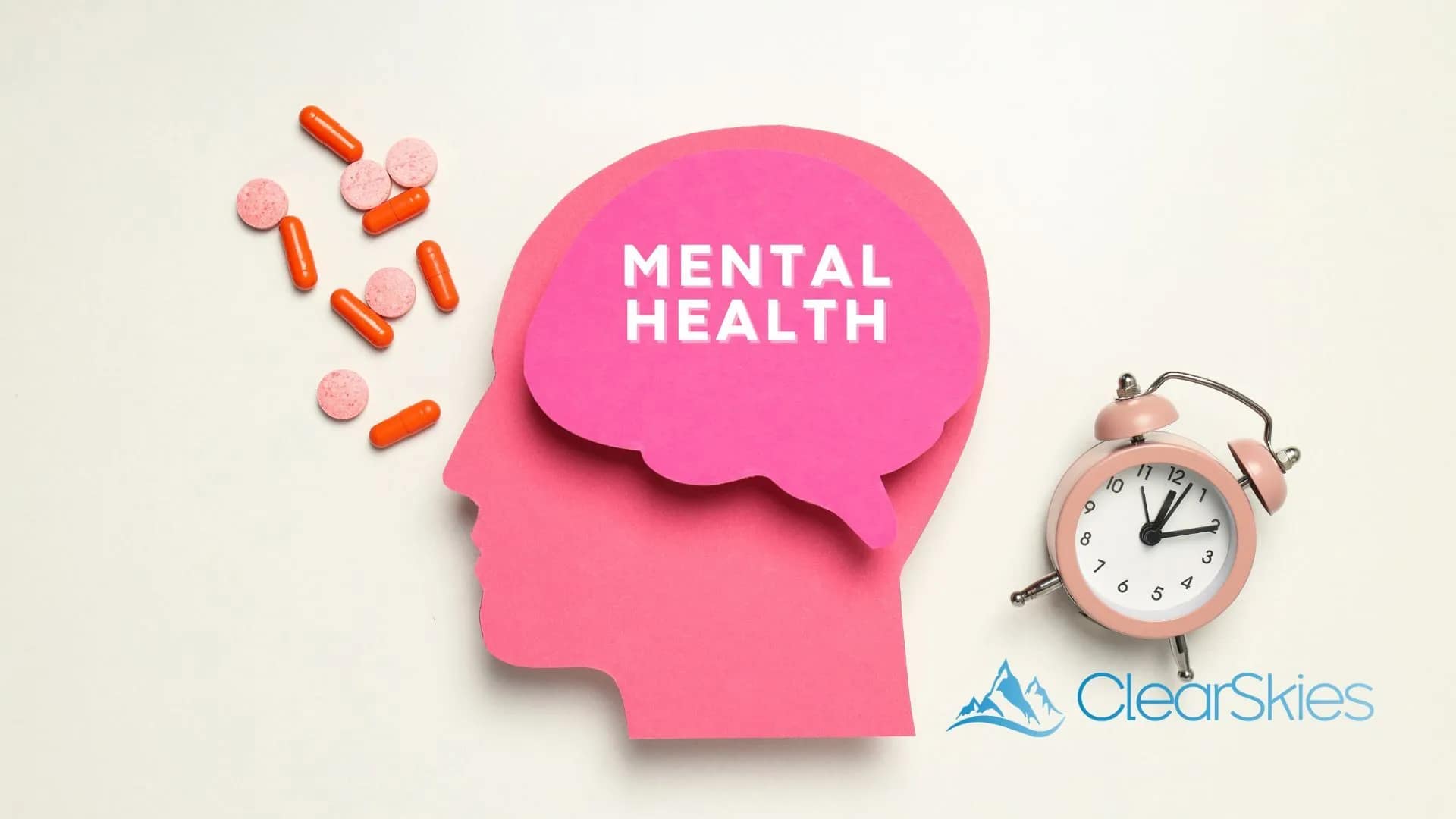
The Importance of Self-Care
Simple Self-Care Practices to Support Mental, Emotional, and Physical Wellness
In today’s fast-paced world, taking care of our mental health is more important than ever. With the demands of work, family responsibilities, social interactions, and continuous digital connectivity, it’s easy to feel overwhelmed and emotionally drained. Mental health is a cornerstone of our overall well-being, yet it’s often placed on the back burner. One of the most effective and accessible ways to maintain and enhance our mental health is through consistent self-care practices. In this blog, we’ll explore the concept of self-care in depth, highlighting its significance and providing practical tips for seamlessly incorporating it into your daily routine.
Understanding Self-Care
Self-care encompasses any intentional activity or behavior aimed at promoting our mental, emotional, and physical health. Despite its straightforward definition, self-care remains frequently misunderstood and often overlooked. Some people view self-care as indulgent or non-essential, but the truth is quite the opposite. Good self-care is crucial for sustaining emotional balance, improving mood, and significantly reducing stress and anxiety levels.
When you prioritize self-care, you invest in your most valuable resource—yourself. It’s about creating a supportive relationship with your own mind and body, ensuring you’re adequately equipped to handle life’s inevitable challenges. Whether it’s taking quiet time to reflect, maintaining physical activity, or engaging in creative hobbies, effective self-care strategies directly enhance our overall quality of life.
Why Self-Care Matters
Understanding the true value of self-care begins with recognizing its benefits:
Reducing Stress
Chronic stress is a common complaint in today’s society, with far-reaching implications for both mental and physical health. Consistent self-care activities, such as relaxation techniques, quiet reflection, or leisure activities, allow the body and mind essential recovery periods. Over time, regular self-care practices can significantly decrease stress hormone levels, improving overall mental clarity and resilience.
Improving Mental Health
Engaging in regular self-care activities can have profound effects on mental health. Practices like meditation, mindfulness, or pursuing meaningful hobbies help stabilize mood and alleviate symptoms associated with depression and anxiety. By intentionally setting aside time for self-care, you foster a sense of control and self-awareness, critical components of emotional well-being.
Enhancing Physical Health
While self-care is often discussed in terms of mental health, its importance extends equally to physical health. Regular physical activity, balanced nutrition, and sufficient sleep are all foundational elements of effective self-care routines. Prioritizing these elements not only boosts physical wellness but also creates a stronger foundation for mental and emotional stability.
Increasing Productivity
Ironically, taking time away from your work or responsibilities to care for yourself can actually boost your overall productivity. When you’re rested, mentally refreshed, and physically energized, tasks become easier to manage. You’ll find yourself more focused, motivated, and capable of efficiently handling your responsibilities.
Promoting Self-Esteem
Actively engaging in self-care sends an empowering message to yourself about your inherent value and worth. Regular self-care fosters improved self-esteem by reinforcing the belief that you deserve care, compassion, and time to rejuvenate. This, in turn, nurtures a positive self-image and increases confidence in everyday interactions.
Practical Self-Care Tips
Integrating self-care into your life doesn’t have to be complex. Here are several practical strategies to help you start:
Set Boundaries
Learning to establish healthy boundaries is a powerful form of self-care. Clearly communicating your limits and respectfully saying no prevents burnout and preserves emotional energy. Setting boundaries involves acknowledging your needs and giving yourself permission to prioritize your well-being.
Stay Active
Physical activity is one of the most beneficial self-care practices available. Regular exercise, even as simple as walking, yoga, or cycling, has documented benefits for mental health. Find an activity you genuinely enjoy to sustain long-term motivation and consistency.
Practice Mindfulness
Mindfulness activities, such as meditation, deep breathing, or journaling, help anchor your attention in the present moment. Mindfulness reduces anxiety, enhances emotional regulation, and fosters mental clarity. Even five to ten minutes daily can significantly enhance emotional well-being.
Healthy Eating
Nutrition has a profound impact on your mental health. A balanced diet rich in whole grains, fruits, vegetables, lean proteins, and healthy fats fuels your body and brain. Reducing processed sugars and excessive caffeine can also improve mood stability and energy levels throughout the day.
Sleep Well
Adequate sleep is essential for optimal functioning. Adults typically require 7–9 hours of quality sleep nightly to rejuvenate physically and mentally. Develop a consistent sleep routine and create a restful environment to enhance sleep quality.
Engage in Hobbies
Hobbies provide an excellent way to decompress and recharge. Activities like reading, gardening, painting, or crafting help reduce stress, boost creativity, and improve overall happiness. Carving out time for hobbies reinforces the importance of leisure and personal enjoyment in your life.
Making Self-Care Sustainable
Incorporating self-care into your routine may initially seem challenging, especially if your schedule is busy or unpredictable. Start small—dedicate just a few minutes each day to self-care practices and gradually build up as habits form. Consistency matters more than duration. Over time, self-care will naturally become an essential and rewarding aspect of your daily routine.
Ultimately, self-care isn’t a luxury reserved for special occasions; it’s a necessity. By prioritizing your mental and physical health through intentional self-care practices, you’re investing in your well-being, happiness, and overall quality of life.
Remember, taking care of yourself enables you to show up fully, authentically, and effectively in every area of your life.

Prioritize Your Mental Health Today


